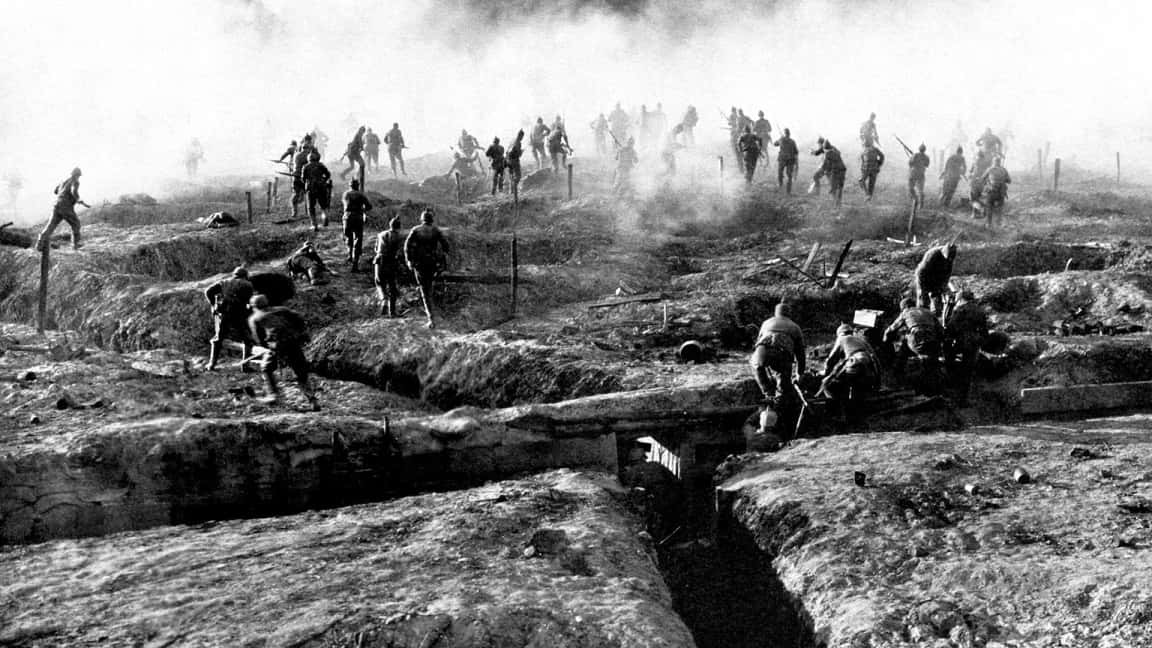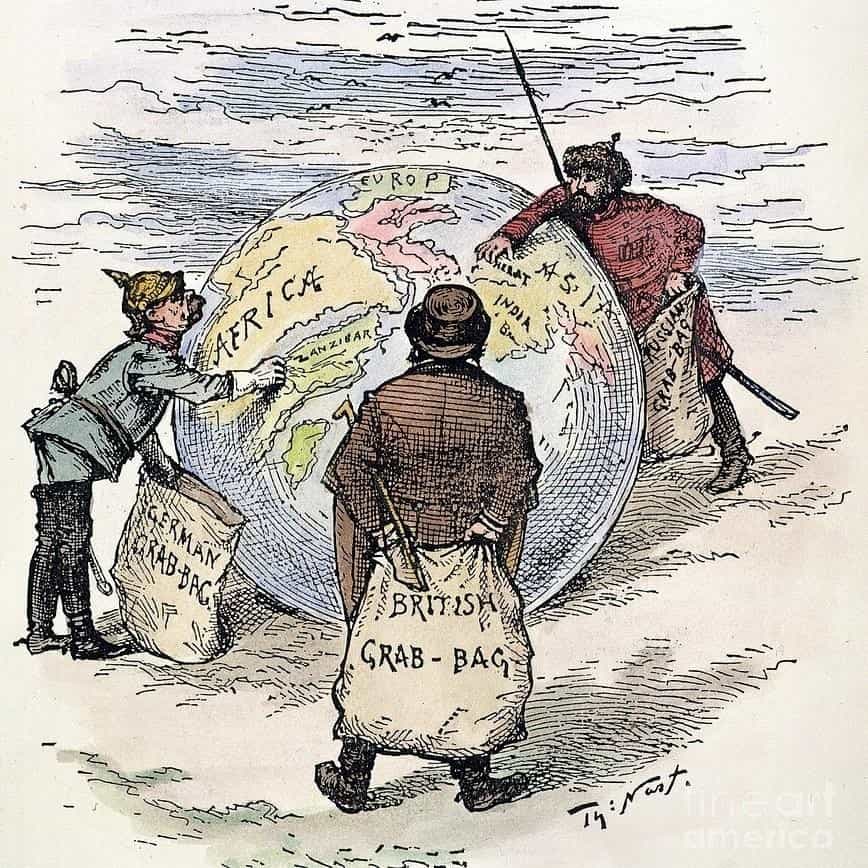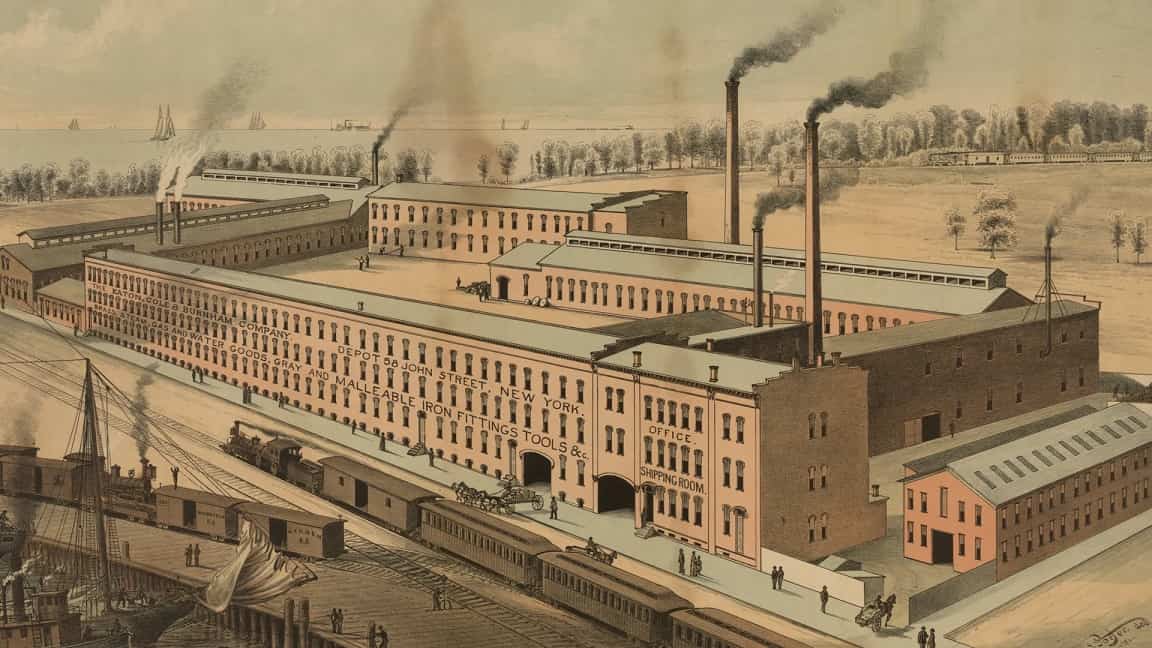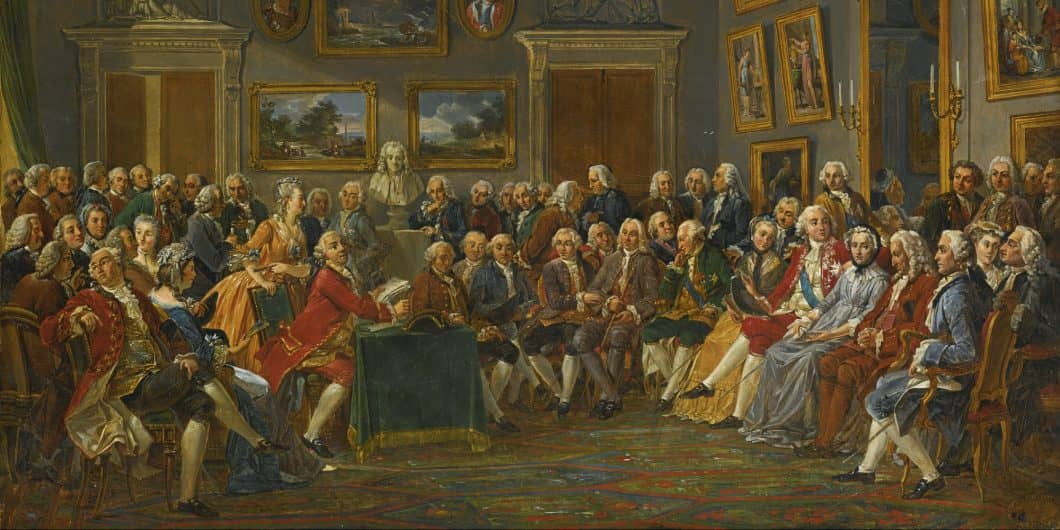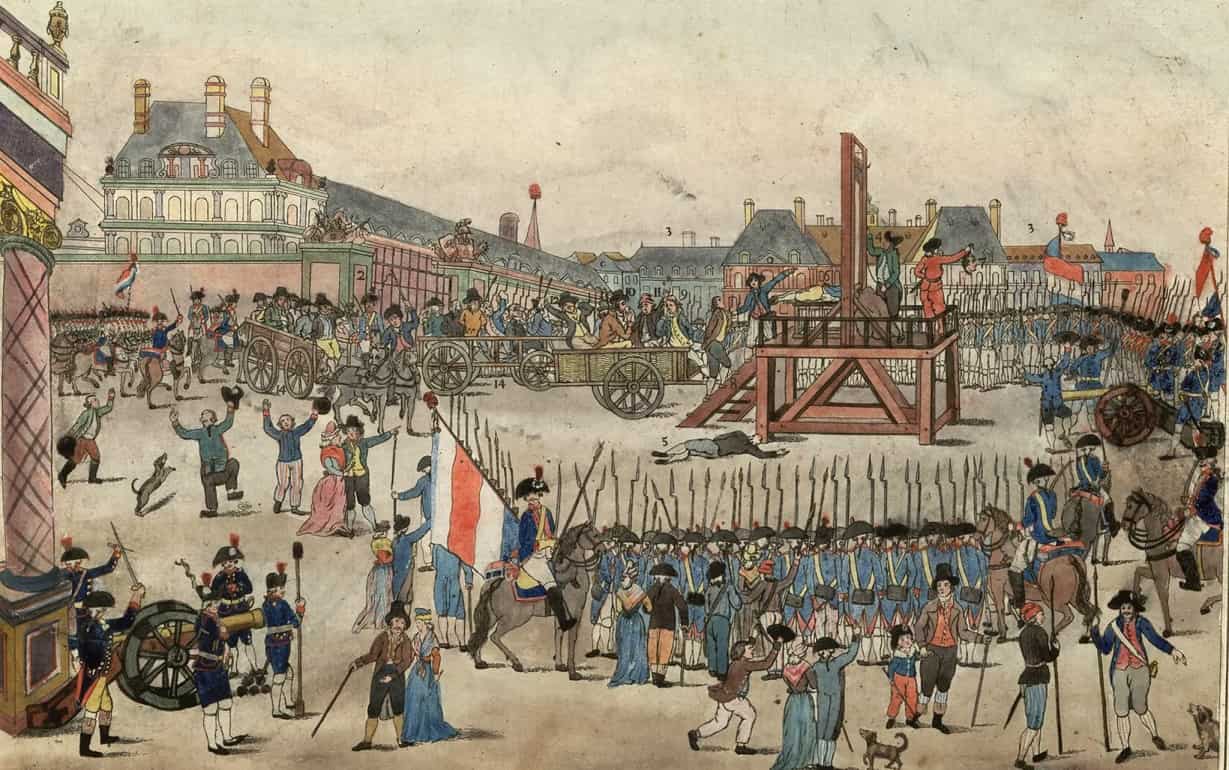A scientific revolution is the period when information was collected scientifically using several techniques that did not use the old methodologies. Western perception of the world shifted from philosophical to experimental and technologically oriented during the 1500s to the 1700s.
The Scientific Revolution: What Was It?
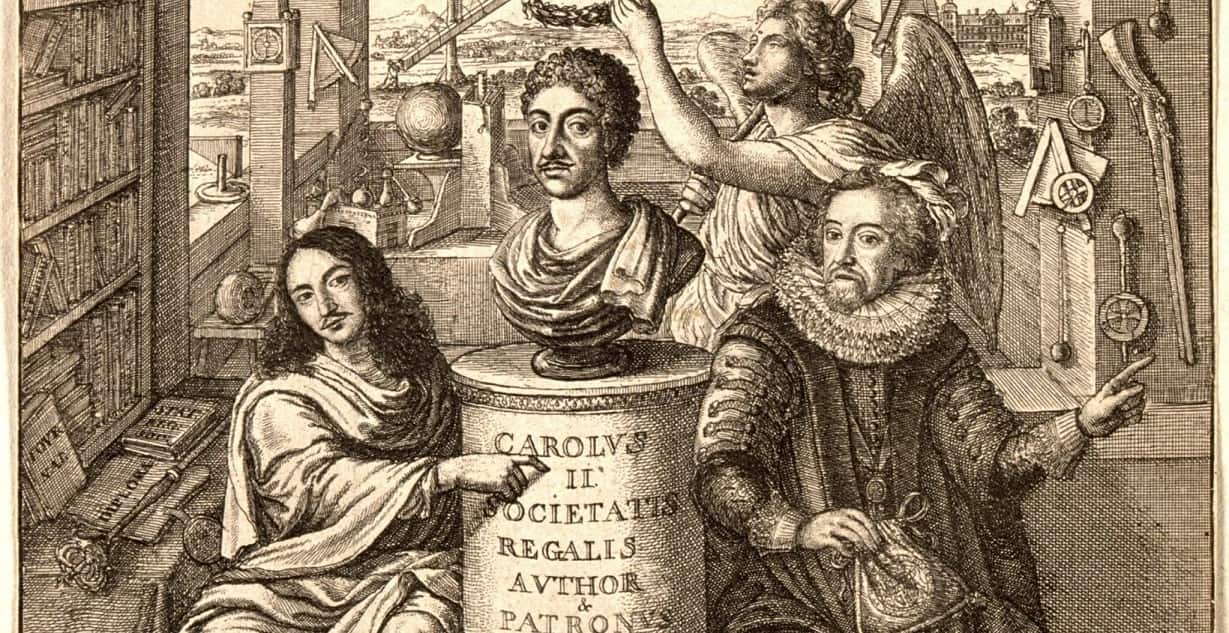
Science revolution: when did it begin?
Several noteworthy figures have made significant contributions among these:
- Nicolaus Copernicus
Nicolaus Copernican, known for his Copernican revolution in cosmology, proved heliocentrism by analyzing planetary models to prove the Earth revolves around the sun.
- Galileo Galilei
Galileo Galilei (1564-1642) was an Italian polymath who greatly influenced the Scientific Revolution. His invention of a powerful telescope changed how we saw the universe forever. Galileo proved the geocentric model wrong by observing craters on the Moon, Jupiter’s moons, and Venus’ phases.
- Johannes Kepler
With the help of Tycho Brahe’s observational data, a German astronomer (1571-1630) developed three laws of planetary motion in collaboration with his observations. These laws are:
- With the sun at the centre, planets move in elliptical orbits.
- The area law: Every planet travels the same distance in the same amount of time, no matter where it is in its orbit.
- The harmonic law: Planets’ orbital period grows rapidly as their orbital radius increases.
Kepler created these laws and a convex telescope that allowed him to observe planets and confirm Copernicus’ theories.
- Isaac Newton
Isaac Newton is one of the most renowned scientists of all time. While creating his magnum opus, Principia Mathematica, Newton developed motion and universal gravitation laws that united terrestrial and celestial mechanics and helped us understand how things move.
Scientific Revolution: Meaning and Legacy
Influential classical scientific pioneers introduced concepts of gaining knowledge empirically and experimentally so that one could systematically observe, measure and hypothesize. This paved the way for information-centered knowledge and meant the ending of philosophical conjectures from the past. Something did not stop doing this, and it’s also obvious that technology and science are ever-evolving, as we saw this revolution in applying the scientific method.
The revolution’s biggest discoveries
Some key inventions made during the scientific revolution include the telescope, microscope, pendulum clock, thermometer, and barometer. These tools also contributed to the improvement of science and even led to the emergence of disciplines in science.
Science instruments were very important in the Scientific Revolution; they were used in Cassini’s rings of Saturn and Hevelius’s detailed observation of the moon. Besides objects, they were a view behind the curtain of a society once hidden and the keys to advancing knowledge.
Science and philosophy developments
The Scientific Revolution had profound consequences in science, firmly establishing the scientific method as a systematic way of inquiry. When people began to look for how scientific knowledge would be useful, society saw technological developments occur. The Scientific Revolution further led to the Industrial Revolution during the 18th century.
Scientists are still untangling the developments of this epoch, but the legacy it left to explain the modern worldview of nature and technology lingers today.
However, this is wider than the Renaissance, but it is noteworthy that science is still in the process of revolution. For instance, the information flow in the field of Molecular Biology is unidirectional from genes to proteins and phenotypes. However, in the late 20th and early 21st century, prions – proteins that are misfolded and may induce normal proteins of the same type to adopt the misfolded state – introduced that science is not a linear process but a continuous one.
Adolescent and adult stages are just repetitions of one another, and thus, science is constantly advancing. In other words, it is not the facility of scientific knowledge or even its uncovering that defines the true extent of the revolution that the pursuit of science took but how science is pursued and advanced.


